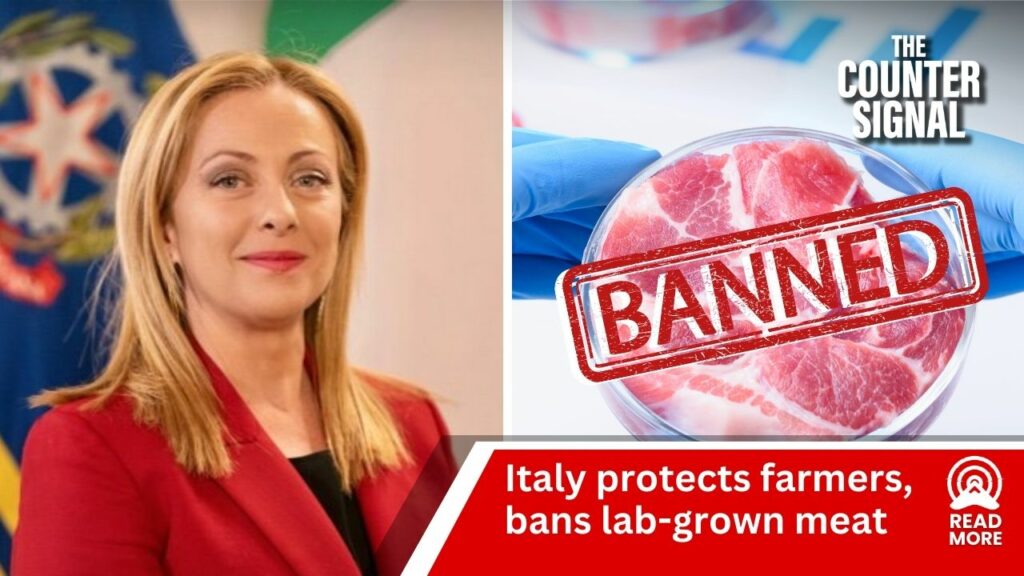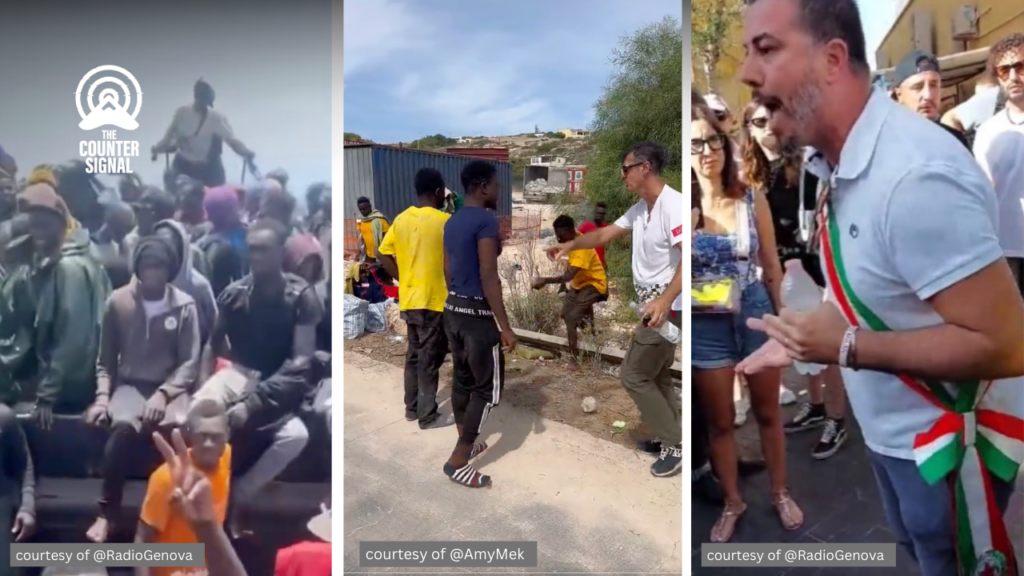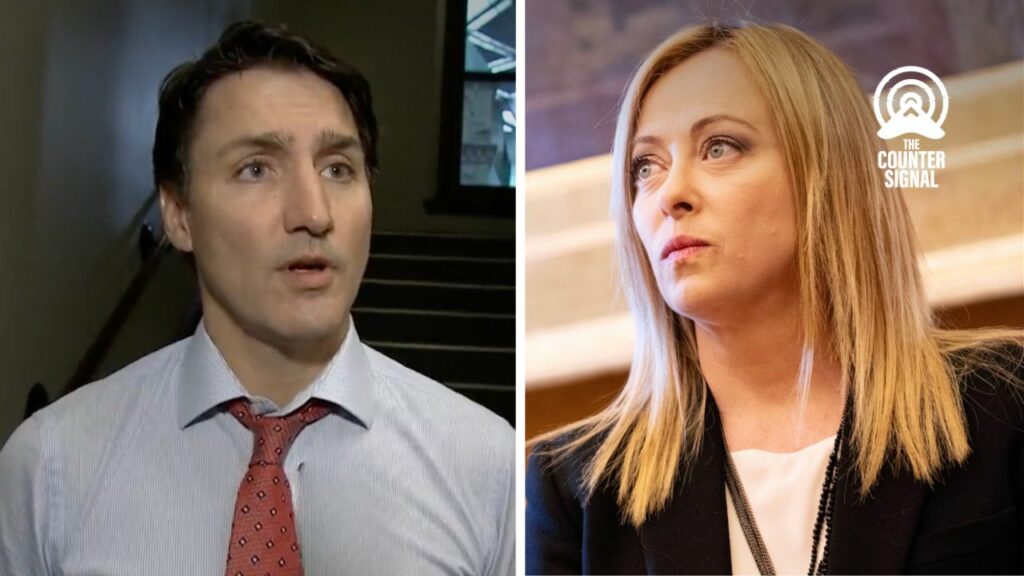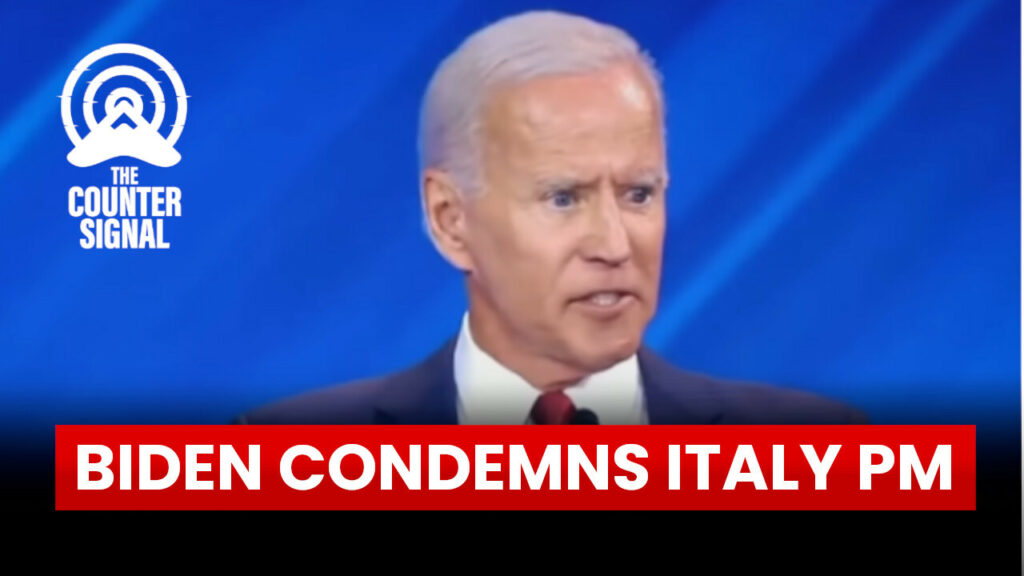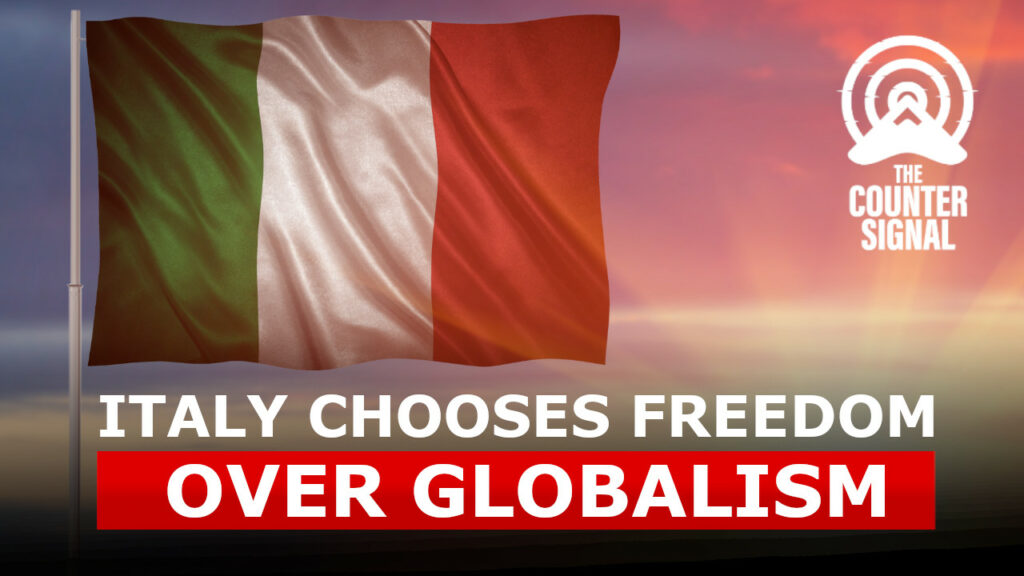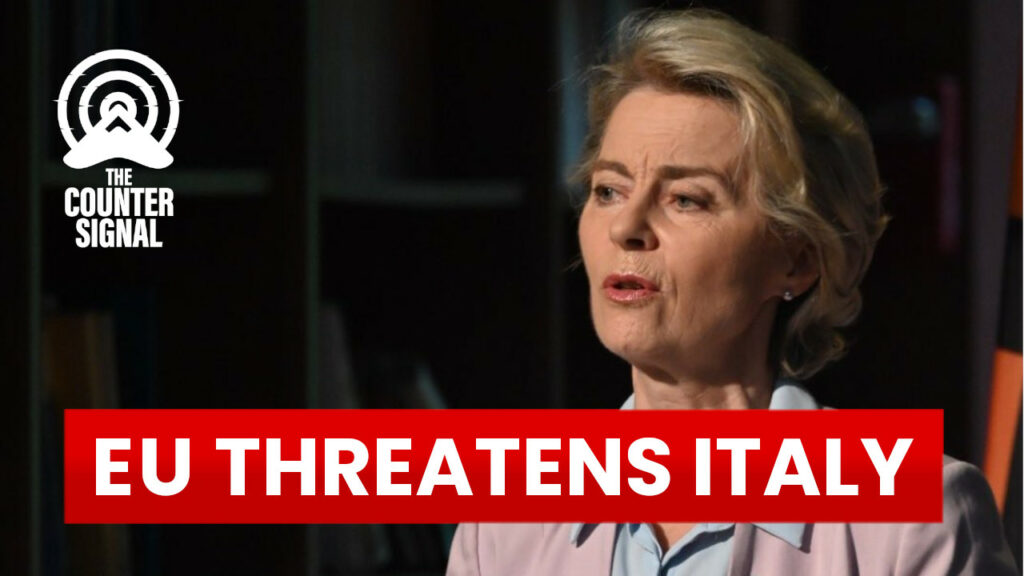Italian PM Mario Draghi has finally resigned after a tumultuous few weeks of uncertainty over the stability of his coalition government.
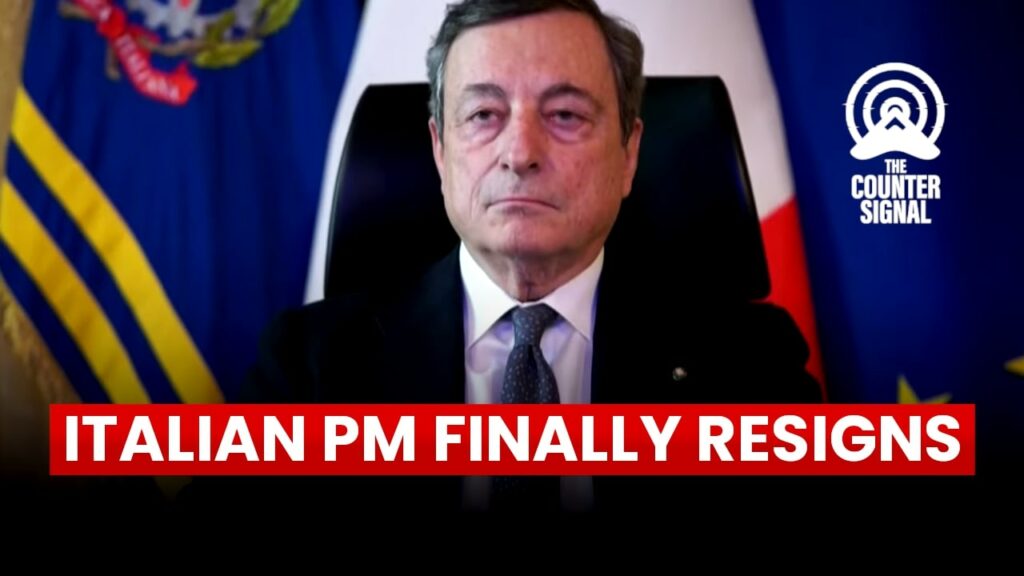
“Even central bankers have their hearts touched sometimes. Thank you for all the work done in this period,” Draghi told MPs before heading to the presidential palace.
Mario Draghi attempted to resign last week but was blocked by Italian President Sergio Mattarella, who said the PM must return to Parliament this next to try to salvage his fragmented government.
Draghi later announced that he would stay on, but only if he could resolidify a cohesive government. Earlier today, he failed in this goal when three parties in his coalition government said they wouldn’t back him in a confidence vote.
Last week, Draghi told the Cabinet, “I will tender my resignation to the President of the republic this evening. The national unity coalition that backed this government no longer exists.”
His announcement came after the Five Star Movement, part of Draghi’s coalition, refused to participate in a confidence vote — one of many cracks in his coalition.
“We are not taking part in the vote on this measure today… but this position of ours is not about confidence in the government,” said Five Star leader Mariolina Castellone, referring to a vote on a cost-of-living bill that the group opposed.
Some analysts claimed that the Five Star Movement’s decision was based less on the policy and more on generating popular support and creating “turmoil” in Draghi’s party. If creating “turmoil” was their end goal, they’ve certainly succeeded.
“The move by the M5S was largely triggered by turmoil prevailing within the ailing party rather than by meaningful policy differences with the executive,” said the co-president of the consultancy firm Teneo, Wolfango Piccoli.
Giorgia Meloni, leader of the right-wing Brothers of Italy political party, has already stepped up to replace Draghi, requesting a snap election and saying she will “fight” for Italians’ rights.
“We’ll fight until the Italian people are given back a right that citizens of every other democracy have: the freedom to choose their own representatives,” Meloni said.
The President has refused a snap election, though many believe one will come in the coming months regardless.
While Meloni’s receiving pushback over the request for a snap election, the EU could see a shake-up should she be elected in the future.
Meloni has previously described the European Union as a “failure” — though she hasn’t gone so far as saying Italy will leave the EU if elected. Nonetheless, she did express sympathy for the Brits when they announced they would move forward with Brexit.
“I agree with the reasons of those who want to leave, but as an Italian, I hope that the United Kingdom does not leave the European Union,” Meloni said in 2016.


